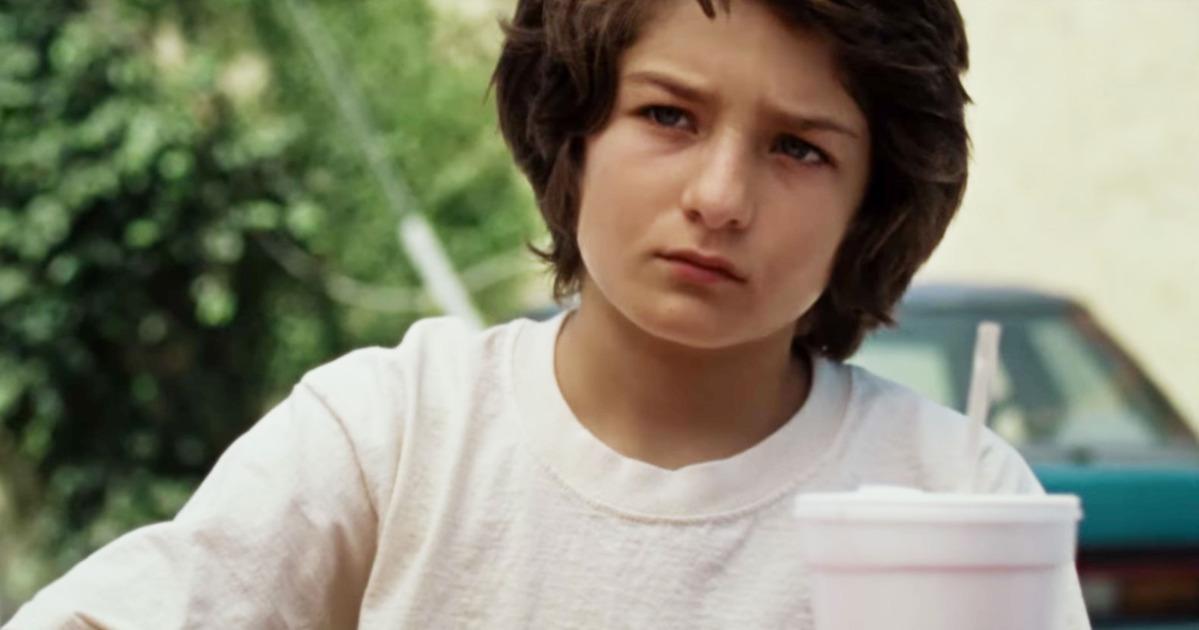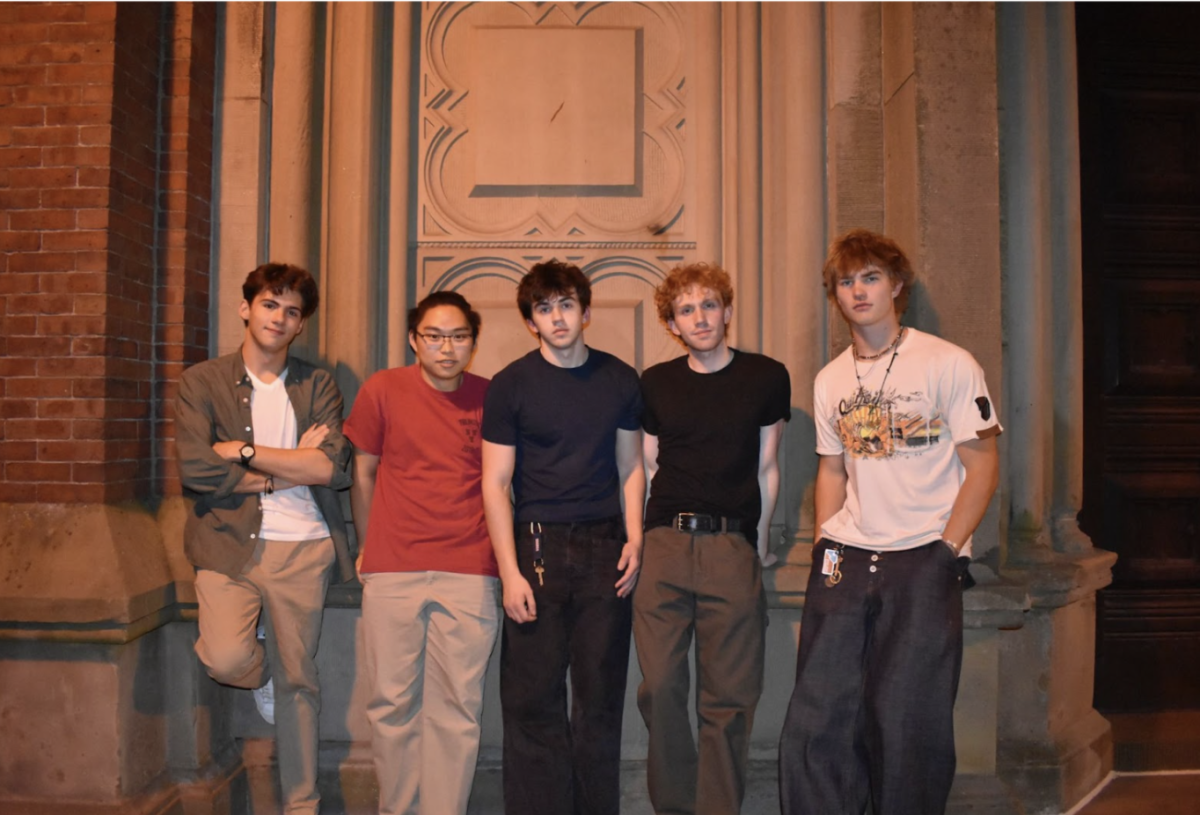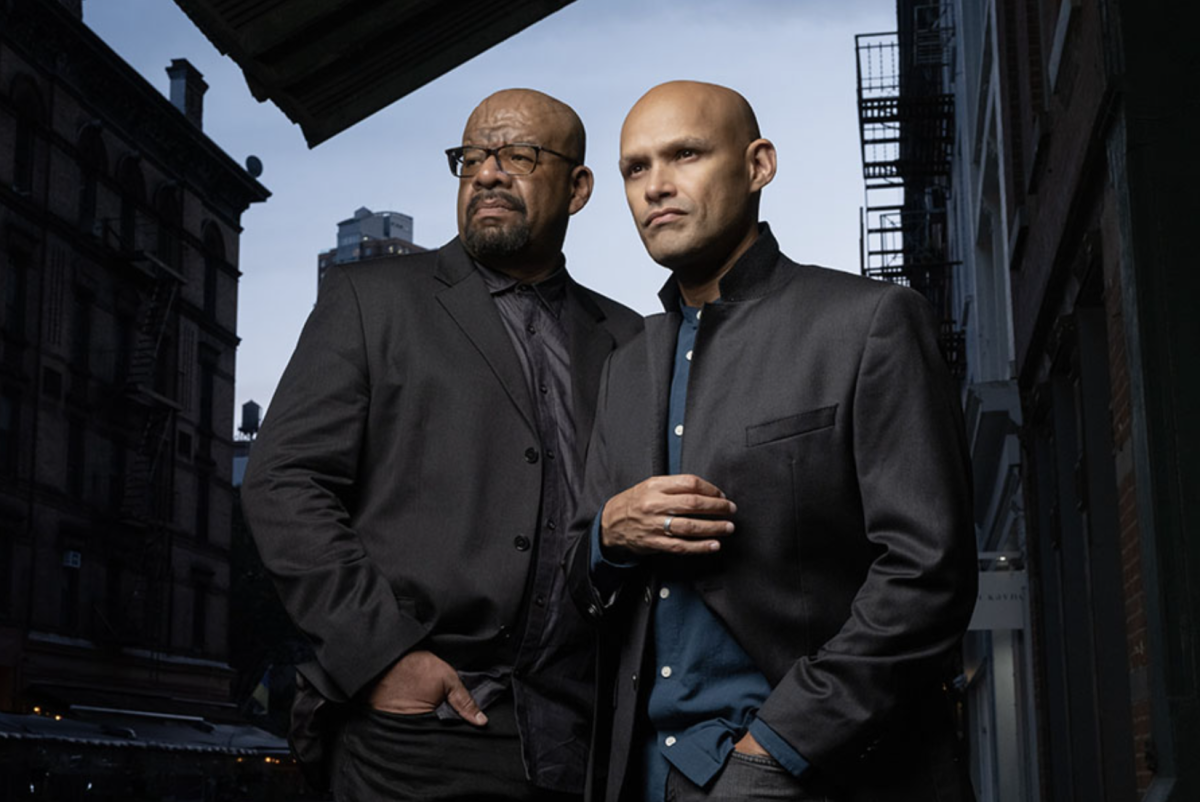Warning: Mild Spoilers for Mid90s, Language
“Mid90s”, written and directed by Jonah Hill, follows the coming-of-age story of the young Stevie (Sunny Suljic) in 1990s Los Angeles after he finds a new group of friends at the local skate shop. The film, shot in 16mm to give it an authentic ’90s vibe and using first-time actors who were chosen for their real-life abilities in skating, gifts the audience with a heavy dose of nostalgia. From the first shot of the film, Stevie being thrown into a wall by his muscular, hip-hop obsessed older brother, the audience can tell that they are in for a ride that is equal parts dramatic, comedic and realistic. The rest of the opening only solidifies this fact by following Stevie as he explores his brother’s carefully curated room full of ’90s pop culture memorabilia after being told to “stay the fuck out”. This moment, along with many others in the film, helps the audience empathize with Stevie. It is especially salient to those of us who have older siblings and, at one point or another, snuck into their room to touch their stuff after they specifically told us not to.
When Stevie first meets the older skaters –– who ultimately help him come into his own and figure out his identity –– in front of the local skate shop, Motor Avenue, he is immediately enthralled with their attitudes toward authority figures. The group’s dynamic members draw Stevie in: Ray (Na-kel Smith), the leader of the group, the “dopest” one of them all and the best skater, Fuckshit (Olan Prenatt), the hypebeast, Fourth Grade (Ryder McLaughlin), who is known to most as having the intelligence of a fourth grader and Ruben (Gio Galicia), who acts as Stevie’s competition for most of the film. As Stevie eavesdrops on their friendly banter with a huge smile on his face, the audience cannot help but identify with him. We want him to have a group of close friends that he looks up to and when he is finally accepted into the group and given the nickname Sunburn, we feel relieved that he finally has something to distract him from his tense life at home.
Stevie, with the guidance of the older boys, has many firsts: his first party, his first time smoking, his first time driving in car without anybody’s parents and his first sexual experience. As we watch his story arc, we cannot help but feel like we are one of the guys, listening in on their conversations with each other and laughing along with them. One moment in the film that highlights the realistic nature of the film as a coming of age story is a scene in which Ray describes the baggage that each member of the group carries. Ray poignantly states, “…I think if you looked in anybody else’s closet, you wouldn’t trade your shit for their shit..,” which adeptly convinces Stevie that his life is actually relatively good and that he should enjoy every second of it.
Despite the wonderful look and feel of the film, it is clear overall that Jonah Hill is a first-time director. The film, coming in at about 1 hour and 25 minutes, does not do enough to really make me care for any of the members of the group other than Stevie and Ray. Stevie is dynamic and we see his character growth from a young, obedient boy to a kid yelling at his mother and drinking, representing him coming into his own. Ray represents the pull to a better life by speaking about getting out of his rough situation by going pro in skateboarding. Each of the other members of the squad, however, are caricatures of what they are supposed to represent: Fuckshit is the party guy who puts aside the privilege that he has been afforded to drink and smoke, Fourth Grade is the budding filmmaker constantly hiding behind a video camera and Ruben is the jealous friend. The film follows each member of the group when they come together yet that is all we see. Hill never follows anybody home but Stevie, and that isolates the audience from the experiences of the other characters. Instead of showing the struggles of the other members of the squad by showing us their home life, Ray tells the audience of their struggles. Sadly, this missed opportunity in developing every member of the friend group as characters with layers leads to the feeling they were solely catalysts for Stevie’s growth. I felt that this was a slight misstep on Hill’s part because, rather than showing the skating portion of their lives as an escape for each of them, it does not hold as much weight because we have nothing to compare it to. Many ideas that were raised through the dialogue were never explored because the focus on the movie remained on the friends simply hanging out. The people under their veneers were never unveiled, which distanced me from some of the characters. Apart from the character of Ray, expertly portrayed by Na-kel Smith, it felt as if I knew of each of the supporting characters as opposed to actually knowing them.
At times, choppy dialogue took me out of the moment. On one hand, the conversations felt heavily scripted by somebody trying to be cool, like some moments between Fourth Grade and F*cksh*t, whereas other moments and interactions felt real and warm, like some of the moments between Stevie and Ray. The conversations that hit the nail on the head masterfully captured the youthful essence that was just waiting to break free in Stevie. I only wish there had been more of those moments.
In conclusion, “Mid90s” is worth the watch, especially if you are with your friends. It was an honest effort from Jonah Hill to capture the chaotic spirit of a youth in the ’90s in a way that is relatable even today. Despite a few inconsistencies in the dialogue and a few missed opportunities to explore the dynamics of the friend group, Mid90s captures many aspects of belonging and growing up, especially when surrounded by a group of friends that raise hell together. This film is indicative of a larger shift towards films that break the Hollywood mold and I, for one, am excited to see what Jonah Hill brings to the table in the next few years as we continue to ride the wave of ’90s nostalgia. Hopefully, Hill will lean into this more serious style of filmmaking and continue to produce new pieces that are set around the chaotic youth spirit. This film, which combines an arthouse cinema vibe with entertaining storytelling, along with his starring roles in comedies like “Superbad” and “21 Jump Street,” might create somewhat of a subgenre to dramatic comedy spearheaded by Jonah Hill and I, for one, am ready to see what he comes up with next.




